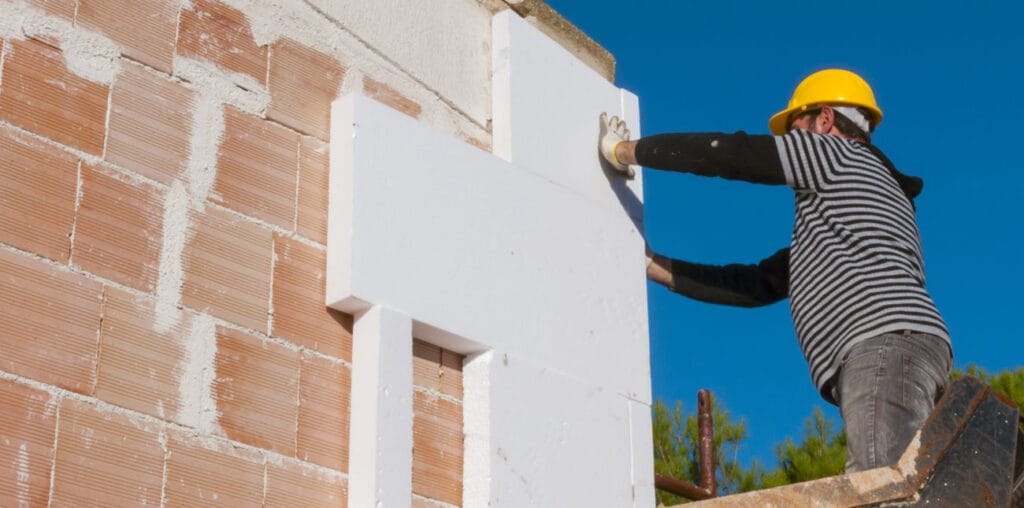France has recently decided to ban the rental of poorly insulated housing starting in January 2025, an initiative aimed at improving energy efficiency and reducing energy poverty. This measure raises the question of whether Morocco could also benefit from such an approach by addressing the renovation of existing buildings, often referred to as “thermal sieves.”
According to the Moroccan Agency for Energy Efficiency (AMEE), the building sector in Morocco is one of the most energy-intensive, accounting for about 33% of the country’s total energy consumption. This consumption is divided between 7% for tertiary buildings and 26% for residential buildings. The increase in population, the construction of new cities, and the increased use of air conditioning and heating systems intensify this energy consumption.
Morocco has already made progress in energy efficiency with the adoption of law 47-09 in 2009 and the establishment of a Thermal Regulation for Construction in Morocco (RTCM) in 2015. This regulation applies to new constructions and is supported by the “Binayate” software, which allows for checking the compliance of buildings with energy standards. However, unlike France, Morocco does not yet have an energy classification system for buildings similar to the Energy Performance Diagnosis (DPE).
Although climate requirements differ in Morocco, rising temperatures have led to an increase in the use of air conditioners, an energy-intensive system similar to heating in Europe. This reinforces the interest in examining the energy efficiency of existing buildings, particularly those that are poorly insulated. However, renovating these buildings would pose significant financial challenges for the households involved, making state incentives necessary.
Investing in the renovation of existing buildings could prove to be cost-effective in the long term. It would allow for substantial energy savings, estimated between 39% and 64% for residential buildings, and 40% to 59% for tertiary buildings. Furthermore, these renovations would contribute to the reduction of greenhouse gas emissions, a key objective of Morocco’s climate commitments.
Thus, while Morocco is currently focusing on new constructions, it is relevant to consider the opportunity to extend energy efficiency efforts to already existing buildings. This would improve energy use and address the economic and environmental challenges related to the energy transition.


